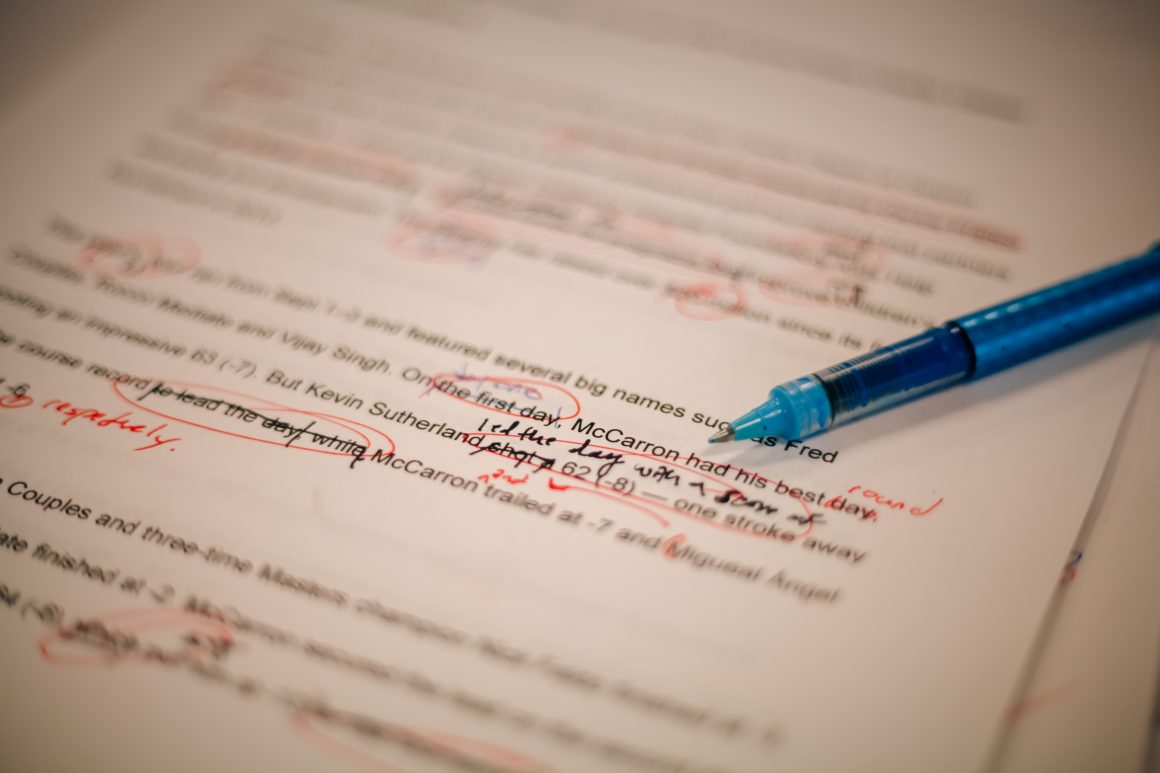
Editing is not plagiarism
By Jesse Stilwell, September 11 2017 —
The University of Victoria revised their academic integrity policy in May to classify the editing of student work as an academic offence. The policy does not clearly define what extent of editing constitutes a punishable offence, but states that the editor can be paid or unpaid. The University of Alberta has a similar but much less restrictive policy.
This is an ill-conceived decision. UVic’s policy states that editing is not an offence if a professor grants written permission for students to have their work edited. Since most professors appreciate reading assignments that aren’t filled with spelling and grammatical errors, it’s not a stretch to see this policy will likely inspire syllabus revision for the academic staff at the institution. Many University of Calgary professors encourage students to have someone proofread their work before handing it in, saving a marker’s time by not having to point out small grammatical errors. This is generally not considered plagiarism and both students and professors benefit from editing.
The policy is also problematic because it is difficult to prove if a piece of work has been edited after the fact. If a student receives feedback, incorporates it into their work and hands in a clean copy to be graded, there is usually no way to tell that someone else has read the student’s assignment. It would be the student’s word against the professor’s as to whether someone else edited it beforehand. This could result in frivolous accusations, the policy never being used or students handing in shoddy work that would be vastly improved if it had been read by a second set of eyes. None of these option are appealing.
Peer editing is a cornerstone of academia. Most reputable academic journals will not publish an article until it has undergone peer review in order to ensure that only top-quality writing is released to the community. If people with PhDs require others to edit their work, then why shouldn’t undergraduates? Taking away the ability to have your writing analyzed and improved doesn’t prepare students post-graduate education or collaborative, writing-intensive jobs.
Students who are not native English speakers will also be unfairly affected by this policy. If they are not familiar with proper spelling and grammar they often rely on editing services or friends to help them. Taking away their ability to get help with writing will set them up for failure.
Spelling and grammar rules are no one’s intellectual property, so employing them should not be an academic offence. Fixing these errors does not involve passing someone else’s work off as a student’s own. Sure, if someone re-writes an entire assignment for a student and calls it editing, that’s plagiarism, but most would argue it isn’t editing either — all the more reason why UVic’s policy doesn’t make sense.
The professors at UVic who may now be marking assignments full of errors deserve sympathy and will hopefully allow students to receive edits, as any good academic would. Hopefully, the U of C administration bucks the trend and doesn’t pass a policy like this, for both students’ and professors’ sakes.
